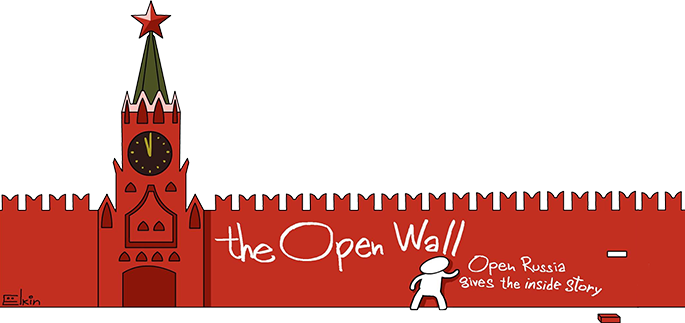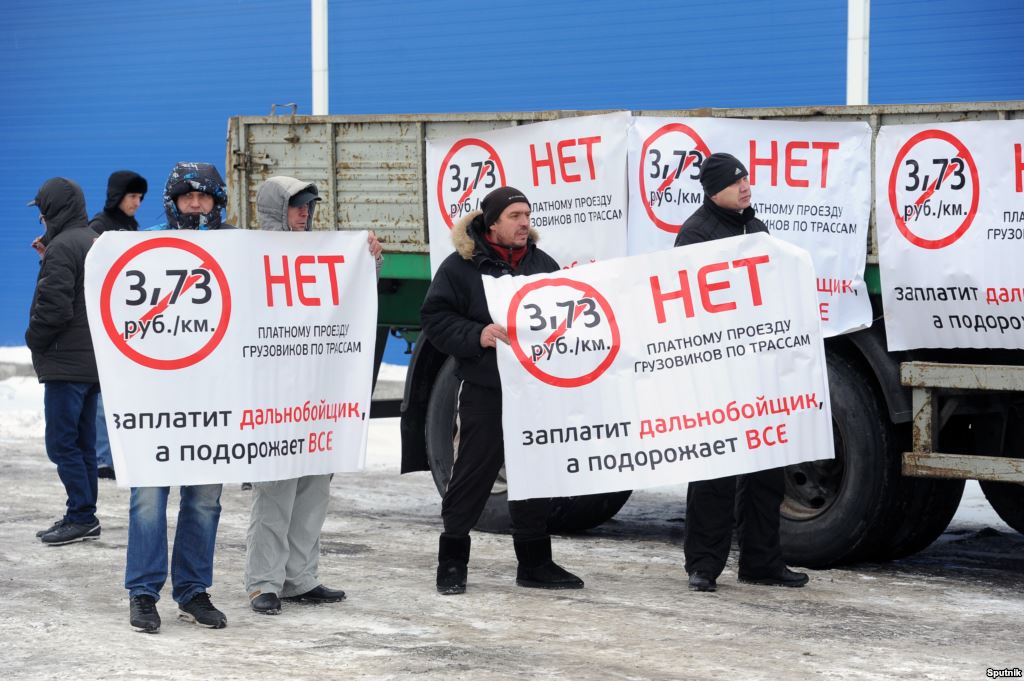Fiddling while Rome burns

Fiddling while Rome burns
It seems that everybody is expecting a crisis of some kind or another in Russia. All except one man that is…

This could be some hangover. Russians have only just come back to work after the long New Year’s holiday, and already the euro and the dollar are heading towards new heights against the rouble, not seen since December 2014. Analysts predict difficult times ahead for the Russian economy.
RBS has advised clients to brace for a “cataclysmic year” and a global deflationary crisis, warning that major stock markets could fall by a fifth and oil may plummet to $16 a barrel. “Sell everything except high quality bonds. This is about return of capital, not return on capital. In a crowded hall, exit doors are small.”
UBS: is similarly pessimistic: “Oil going from $30 to $20 will provoke a very different rouble response from a $40-$30 move,” it says, citing a likely panic effect among citizens and businesses.
Not all analysts, however, are so bearish. In an interview with Bild, a Mr Vladimir Putin said that there was a positive to be gleaned from the fall in oil prices.
“We still have a positive foreign trade balance, and, for the first time in many years, we are exporting significantly more goods with a high added value. This is, without a doubt, a positive process within the economy. We still have a high level of reserves. The Central Bank has more than 300 billion dollars in gold reserves. And there are two Government Reserve Funds worth 70 to 80 billion dollars each – one seventy, the other eighty.”
Unfortunately, Mr Putin is around $150 billion out in his estimate, having counted the Government Reserve Funds twice.
In passing, the Russian version of the interview, posted on the Kremlin’s website, has been considerably “softened” by the spin doctors, so as not to cause the Russian president any discomfort.
If you believe the president, well, all things considered, everything’s just fine in Russia. And yet …
This morning, you could get 76 roubles to the dollar. German Gref, head of Sberbank, predicts that if the oil price falls to $25/barrel, the rouble, in turn, could once more fall to an all time low of 80 or more to the dollar.
In Russia’s regions, meanwhile, wage payment delays are increasing in both the public and commercial sectors. Last year, the number of Russians living in poverty went up by 2 million (from 18 million to 20) – and this is only according to official data. The inevitable sequestration of the budget, which has already been spoken of by the Ministry of Finance, can only make these numbers swell even further.
And with this rapidly deteriorating economic situation, the social fabric is also under strain. The topic of protests has suddenly returned to the fore in the Russian press, dominating forecasts and prognoses once again.
Even pundits close to the Kremlin are talking about the potential for socio-political instability in the regions, and presenting statistics on salary payment delays.
Respected newspapers see the normally firm hand of the state hesitating when faced with the protests of groups and actors that the regime cannot afford to ignore; and there might be protests among the citizenry into whose pockets that hand is constantly reaching, or simply the fear of such protests, which can only intensify during pre-election periods. The unfinished business with the protesting truckers is the prototypical 2016 news story.
Nobody wants to see instability, but perhaps there’s a positive? Vedomosti says, “It’s quite possible that the main beneficiaries of the new protest movement will be those on the left – they have a legal status, a structure and a ready-to-use set of slogans that will resonate with the economic and social demands of the “new malcontents.”
Where will this lead? Increasing social tensions in the regions and the desire of the regional elites to evade responsibility for the situation that is placed on them by Moscow will force the Kremlin to spend its reserves more quickly so as to maintain internal stability ahead of the elections in 2016, and especially 2018.
Thus, unless the West lifts its sanctions – so creating some room for manoeuvre – it will be impossible for the Kremlin to maintain the current level of military and security expenditure, even if the price of oil bounces back to $50 a barrel.
Mr Putin would say otherwise, but he would, wouldn’t he?



